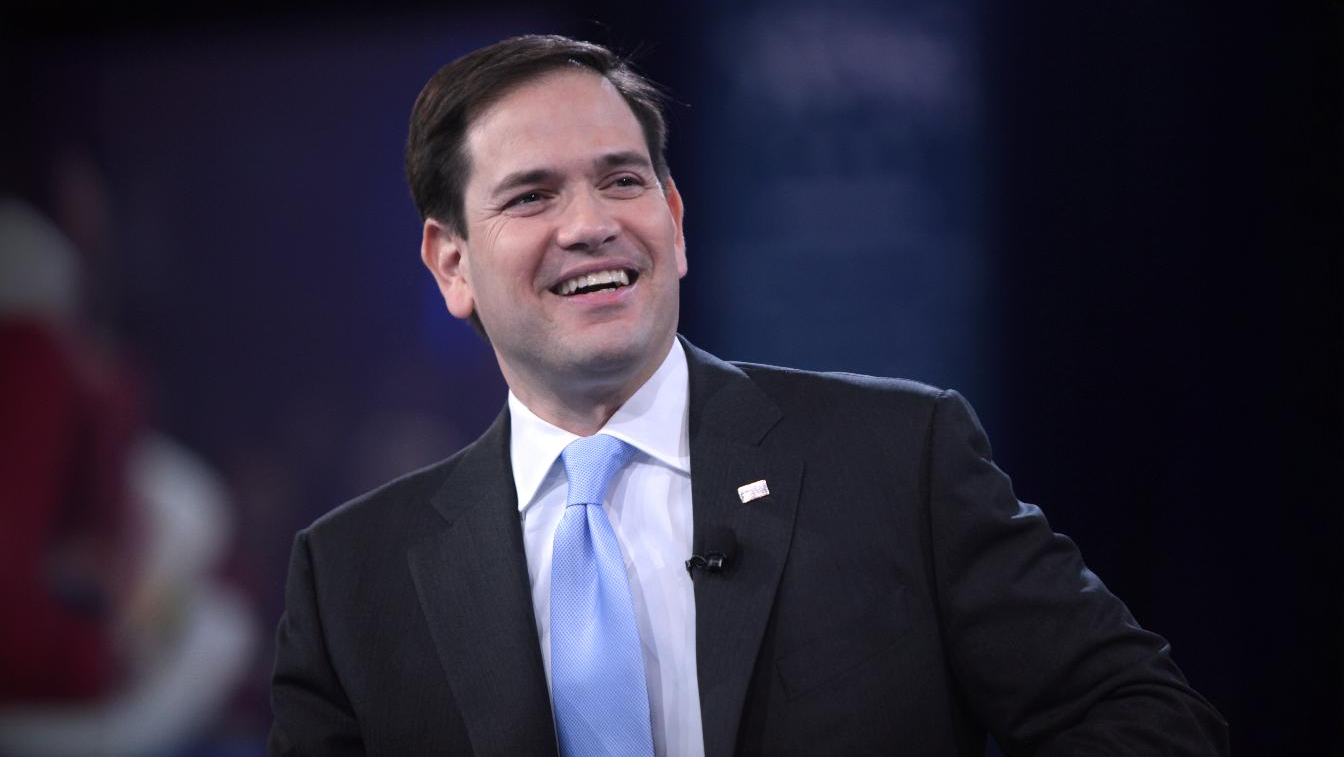Rubio Says Hostage Deal ‘Closer Than Ever’ but Warns of Major Obstacles Ahead
Secretary of State Marco Rubio said Sunday that negotiations to free the hostages held by Hamas are “the closest we’ve come” to securing their release, though he cautioned that multiple hurdles remain before an agreement can be finalized.
In an interview on ABC’s This Week, Rubio said the talks are structured in two stages. “Phase number one, which Hamas has accepted, is the President’s framework for release—the hostages are released and Israel pulls back to what’s been called the yellow line,” he explained. That stage, he said, focuses on logistics such as who will oversee the exchange and how it will be conducted. “We want to see that happen very quickly.”
The second phase would address Gaza’s future governance, with an international body led by Palestinian technocrats assuming administrative control. “That’s the part that’s going to be tougher,” Rubio said, “but that’s what’s going to provide permanency to the end of the conflict.”
Give the gift of hope
We practice what we preach:
accurate, fearless journalism. But we can't do it alone.
- On the ground in Gaza, Syria, Israel, Egypt, Pakistan, and more
- Our program trained more than 100 journalists
- Calling out fake news and reporting real facts
- On the ground in Gaza, Syria, Israel, Egypt, Pakistan, and more
- Our program trained more than 100 journalists
- Calling out fake news and reporting real facts
Join us.
Support The Media Line. Save democracy.
Rubio acknowledged that “field conditions” remain a challenge. He said no exchange can occur amid active fighting. “You can’t have an exchange of hostages if bombs are going off,” he said, adding that Israel has suspended offensive operations except in cases of imminent threat.
Asked about reports of bombings overnight in Gaza City, Rubio said the US would “look into that,” emphasizing that both sides must create conditions for a safe exchange. “This is good progress,” he said, “but a lot of work remains.”
Rubio also confirmed that technical talks were already underway in Cairo and that Washington hopes to see the exchange finalized “very quickly, early this week.” He warned that if the deal stalls, “the entire agreement becomes imperiled.”
On longer-term issues, Rubio said lasting peace depends on disarming Hamas. “As long as there’s a threat emanating from Gaza against Israel’s security, there isn’t going to be peace,” he said, calling for Gaza to be run by “Palestinian technocrats and civil servants that do not pose a threat to Israel.”
He credited President Trump for leading the initiative and said several regional partners—including Qatar, Egypt, Saudi Arabia, and the UAE—are supporting the effort. “We’re at a much better place today than we were seven days ago,” Rubio said, while warning that “a lot could still go wrong.”



